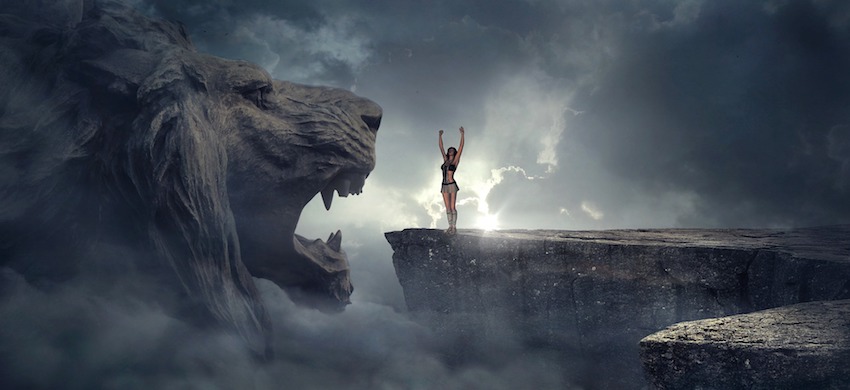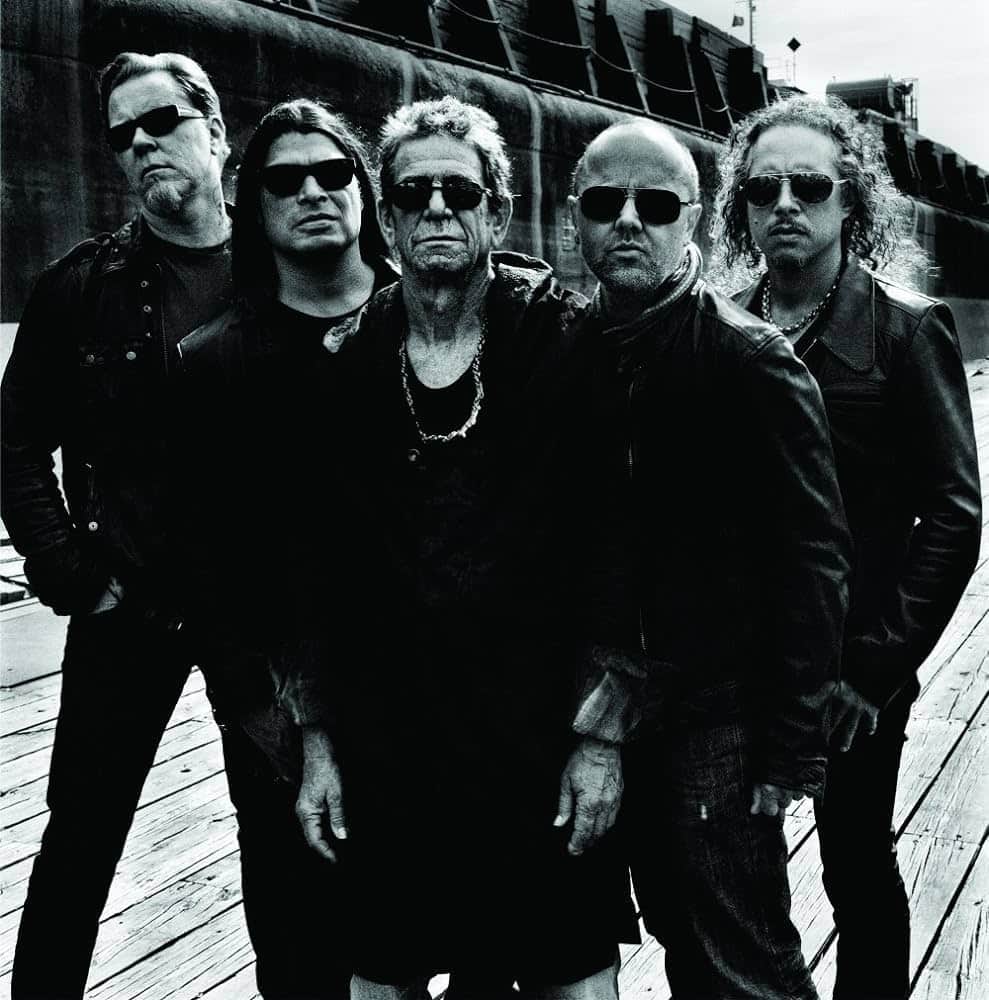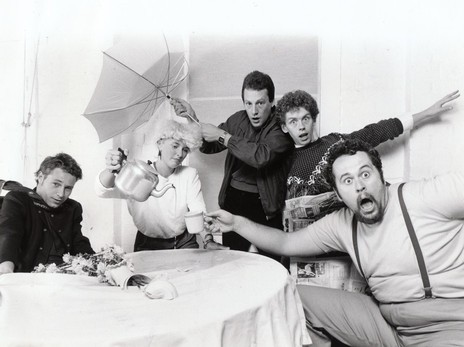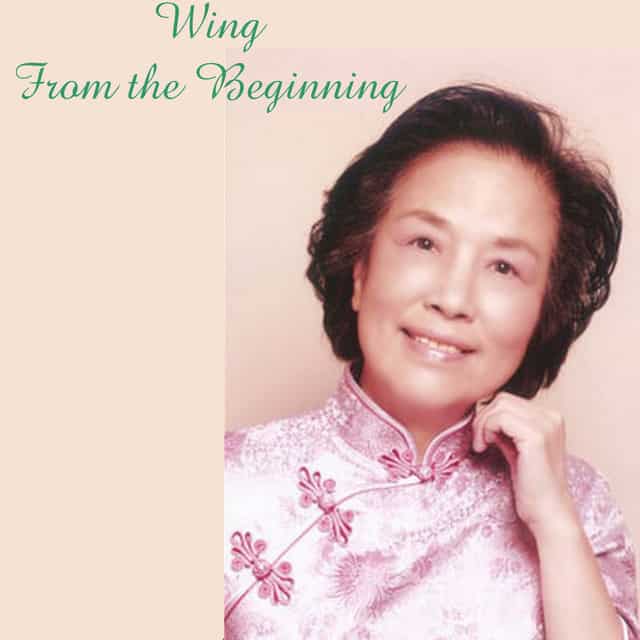-
- 7/107/10
Summary
Charlie Cawood – The Divine Abstract (Bad Elephant)
Streamed on TIDAL
This album is all instrumental, there are no solos, but 40 different instruments are plucked, bowed, blown or concussed. GARY STEEL is quietly charmed.
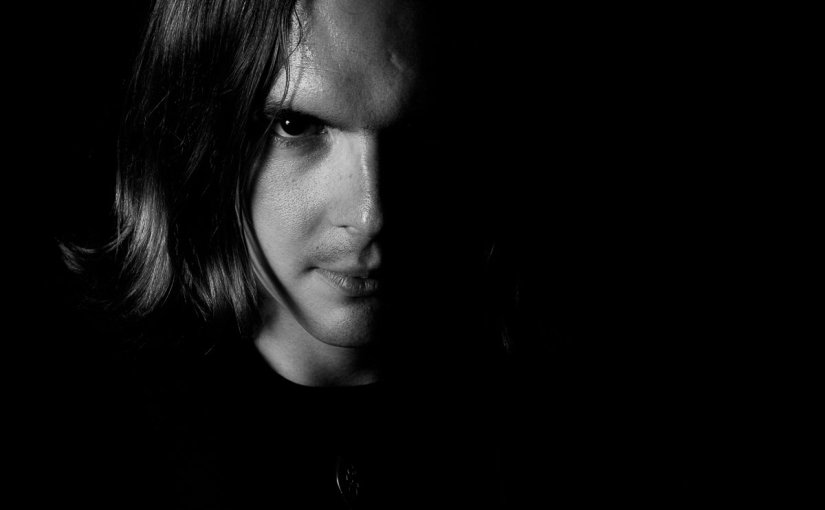 It’s not often that a new album by a 30-year-old is likened to Canterbury progressive rock-fusion acts like Henry Cow, Egg, Soft Machine and Caravan, but that’s what I read about Charlie Cawood’s debut, and it’s what got me intrigued enough to take a listen; and then another… and so on.
It’s not often that a new album by a 30-year-old is likened to Canterbury progressive rock-fusion acts like Henry Cow, Egg, Soft Machine and Caravan, but that’s what I read about Charlie Cawood’s debut, and it’s what got me intrigued enough to take a listen; and then another… and so on.
Well, all those professional progressive haters out there can relax, as I believe The Divine Abstract has been somewhat misrepresented.
Sure, it bears some of the superficial hallmarks of the progressive rock era and the early ‘70s in general, including an alarming number of different instruments (many of them played by the supra-naturally talented Cawood), the prodigious overdubbing thereof, and of course, a tendency towards indicators of the exotic like sitars and a veritable menagerie of Chinese noise-makers. And sure enough, the album can’t avoid being tainted with the word ‘fusion’, because that’s what it is.
There are many variations of fusions, however, and progressive rock – heck, even rock per se – hardly enters the picture here. For starters, while there are percussion instruments present, they’re always tethered to a supporting role, and there are no rock drums, or any big rock freak-outs to temper the pace. And while the music at times is played with delicacy and accuracy, there’s no intentionally awkward time signatures or showiness.
 If I had to draw progressive comparisons, it would be with outliers like early Mike Oldfield – whose music worked similarly with evolving patterns and evocative instrumentation – and the Penguin Café Orchestra. Simon Jeffes’ ensemble was intentionally more nostalgic and slightly comedic but once again worked with a similar palette and a sense of humble beauty. Then there are Robert Fripp’s ‘crafty guitar’ ensembles, whose enticing circular patterns at times bear more than a glancing similarity.
If I had to draw progressive comparisons, it would be with outliers like early Mike Oldfield – whose music worked similarly with evolving patterns and evocative instrumentation – and the Penguin Café Orchestra. Simon Jeffes’ ensemble was intentionally more nostalgic and slightly comedic but once again worked with a similar palette and a sense of humble beauty. Then there are Robert Fripp’s ‘crafty guitar’ ensembles, whose enticing circular patterns at times bear more than a glancing similarity.
The Henry Cow comparison holds true in one very specific sense: in the way the reeds and horns work together, and the bitter-sweet effect, which is like listening to beauty with an undertow of trepidation. Frank Zappa worked with similar horn tones (many of them intentionally sped-up or slowed down in the studio) on his 1969 album Uncle Meat, and it may be no accident that one of Cawood’s many projects is a Zappa covers band called the Spiders Of Destiny.
The Divine Abstract apparently took seven years to piece together and involved more than 20 subsidiary musicians, but the result is a seamless suite of gorgeousness that I suspect will prove very popular in a late night, after-party setting when everyone’s getting mellow.
Although the musicianship throughout is impressive, the best thing about it is Cawood’s writing. The album, more than anything, is an advertisement for his writing skills. There’s a sense of compositional rigour throughout, and the guy really knows how to evolve a piece in a quietly impactful fashion.
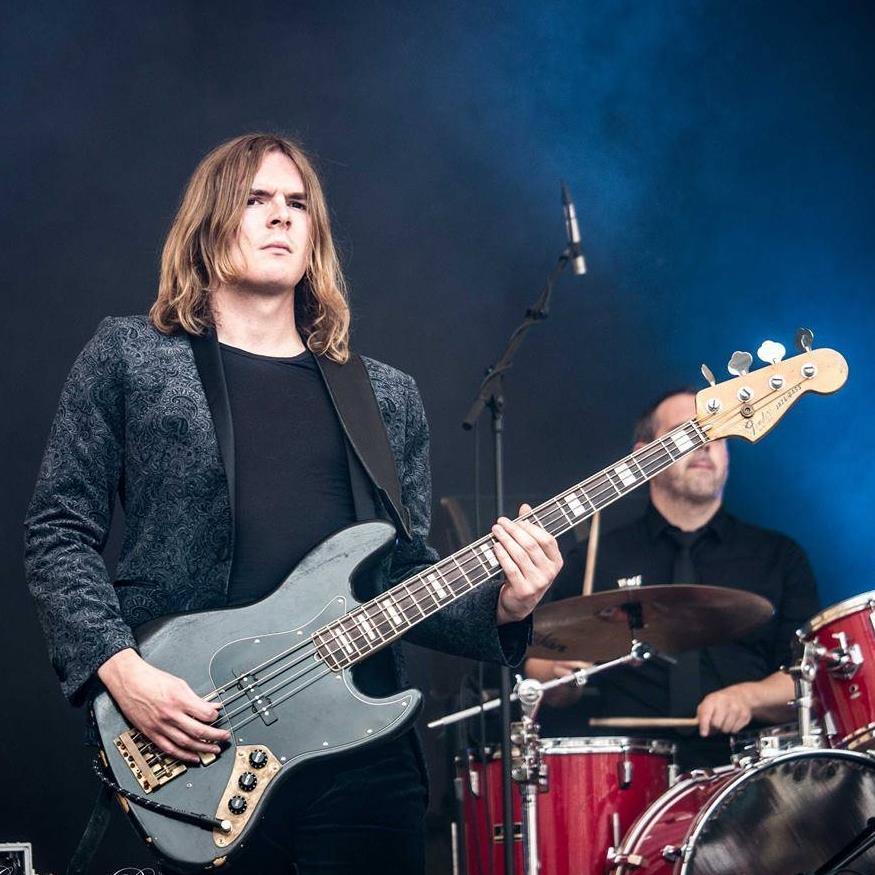 There is a downside, for me at least. The album starts out with some zinging sitar and an Indian vibe for the four parts of the song suite from which the album takes its name. Following that it’s a three-track exploration of Chinese sounds called ‘Earth Dragon’. It’s way too strong to call this cultural appropriation, as clearly Cawood has seriously studied both Indian and Chinese classical music, but it just seemed like token exoticism to me.
There is a downside, for me at least. The album starts out with some zinging sitar and an Indian vibe for the four parts of the song suite from which the album takes its name. Following that it’s a three-track exploration of Chinese sounds called ‘Earth Dragon’. It’s way too strong to call this cultural appropriation, as clearly Cawood has seriously studied both Indian and Chinese classical music, but it just seemed like token exoticism to me.
My other small gripe is about the sound quality, which is perfectly acceptable but lacks the extra depth and luminosity that a 21st Century recording can easily achieve. Had the album sounded as good as I wanted it to, it would have been worth at least an extra star rating.
I hope Cawood doesn’t take seven years to make his next record. I was filled with envy reading about his huge list of achievements and the immense number of different projects he’s involved with at any one time, but I did wonder: When does he actually get the time just to navel gaze? Maybe next time he could narrow the focus, be a little less ambitious, and just trust in his musical instincts.



